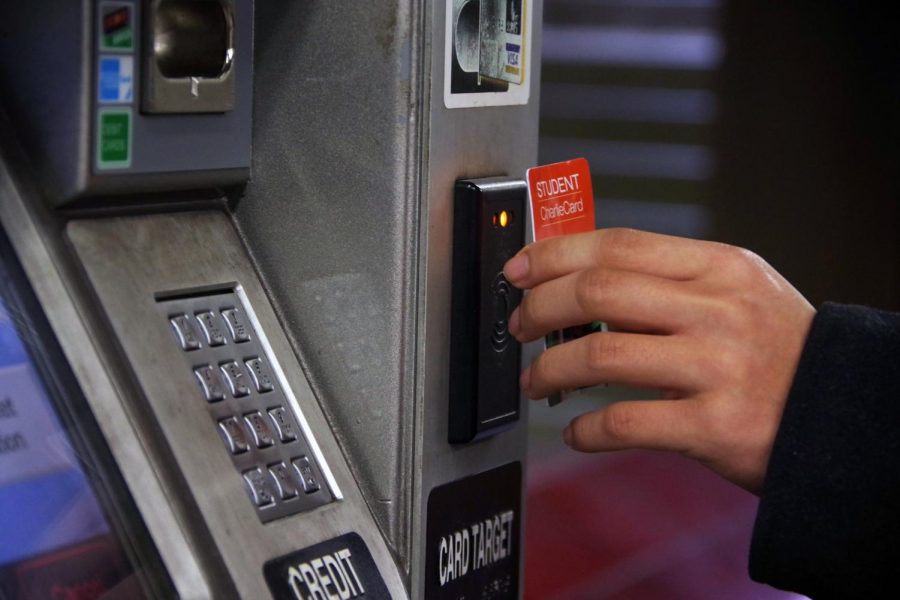MBTA Unveils Proposal to Increase Fares
The MBTA has proposed to raise fares by 6.3% for various tickets and passes.
March 6, 2019
On Monday, January 28th, the MBTA introduced a proposal to increase fares for bus and subway riders. The average proposed fare increase across the various tickets and passes is 6.3%. If approved by officials in March, the new fares would go into effect as early as July 1st, 2019.
This proposal marks the first fare increase on the transit system since 2016 and the fourth since 2012. Massachusetts law limits fare increases to no more than once every two years and sets a cap of no more than 7%.
For CRLS students who regularly ride public transit, many of whom use a student CharlieCard, this proposal means an increase in fares from $0.85 to $0.90 for the bus and from $1.10 to $1.15 for the subway. The student CharlieCard monthly pass is proposed to increase from $30 a month to $32. For students who do not use a monthly reduced-fare student pass, the cost for a one-way bus ride paid with cash would remain unchanged at $2.
According to Uma Edulbehram ’20, who frequently uses public transit, “It is unfair that many students have to pay to get to school with money out of their own pockets and it is just getting more expensive. Although the increase is not that much, it adds up over time.”
Similarly, math teacher Joel Patterson notes, “I have read that fares are only about 20 percent of the T’s revenue and I believe the T, and especially the commuter rail, should be free. … If it was free, that would make life a lot easier for people with low incomes, and it would also encourage more people who drive to get on the T. There would be fewer cars on the road, less pollution, [and] less traffic. I disagree with the fare increase.”
The MBTA cites the reasons for these increases on its website, stating, “Even as the MBTA continues to focus on controlling costs and growing non-fare revenue, this proposed increase, which is in line with the rate of inflation in the Boston area, is necessary for the Authority to continue making system investments to improve service.” The proposal is estimated to generate an additional $32 million in fare revenue for the MBTA in 2020, an overall revenue increase of about 4.5%.
Some local politicians such as James Aloisi, a former state transportation secretary, have argued that fare increases send the wrong message: “Persistently, continually, only transit and rail riders are asked to dig deeper to pay for their mobility services. Increasing T fares in the absence of a policy that raises the state gas tax and Uber and Lyft fees at the same time has large implications for everyone.” However, as the Baker administration pushes to shift motorists towards public transit to fight traffic and pollution, the Governor of Massachusetts has made it clear that he believes it is fair to ask riders to help cover the T’s operating budget.
The MBTA is accepting public comments on the proposal at a series of public hearings and online through February 28, 2019, before the agency’s Fiscal and Management Control Board votes on the proposal in March.
Under Massachusetts law, after this proposed increase, the earliest the MBTA could again raise fares is July 1st, 2021. Officials from the MBTA are planning to implement a new electronic payment system scheduled to be installed by 2021, the next time the agency is legally allowed to boost rates. Under this electronic system, riders would be able to pay with a smartphone or credit card, in addition to a CharlieCard.
The electronic system would make it much easier to program different fares, unlike the current system, which requires fare readers at every station to be reprogrammed. Furthermore, its software would allow the MBTA to experiment with varying fare structures in which prices could be based on the time of day, distance, or possibly even income.
For more information on specific changes, you can find the entire proposal and all of the fare changes on the MBTA website.
This piece also appears in our February 2019 print edition.










